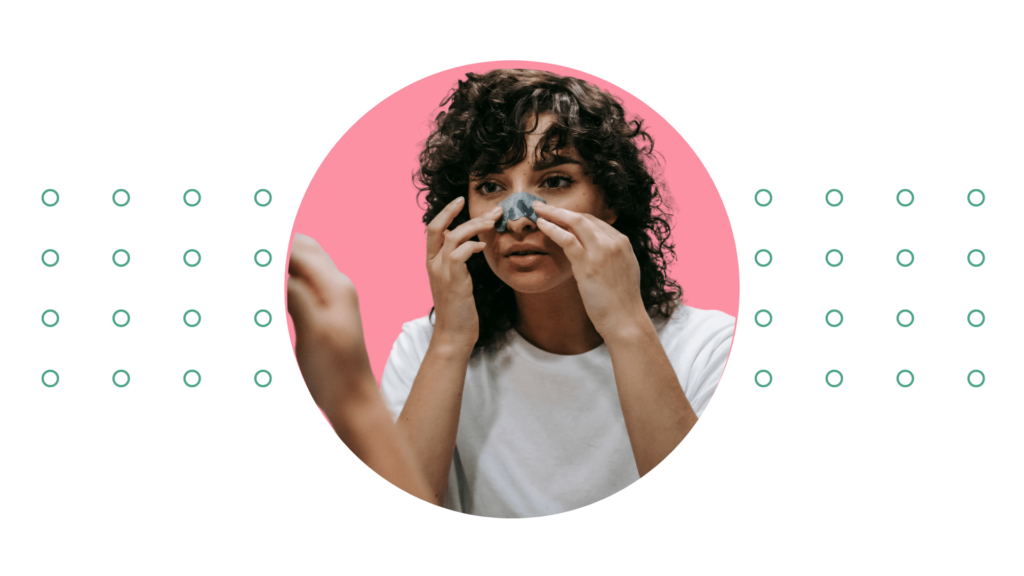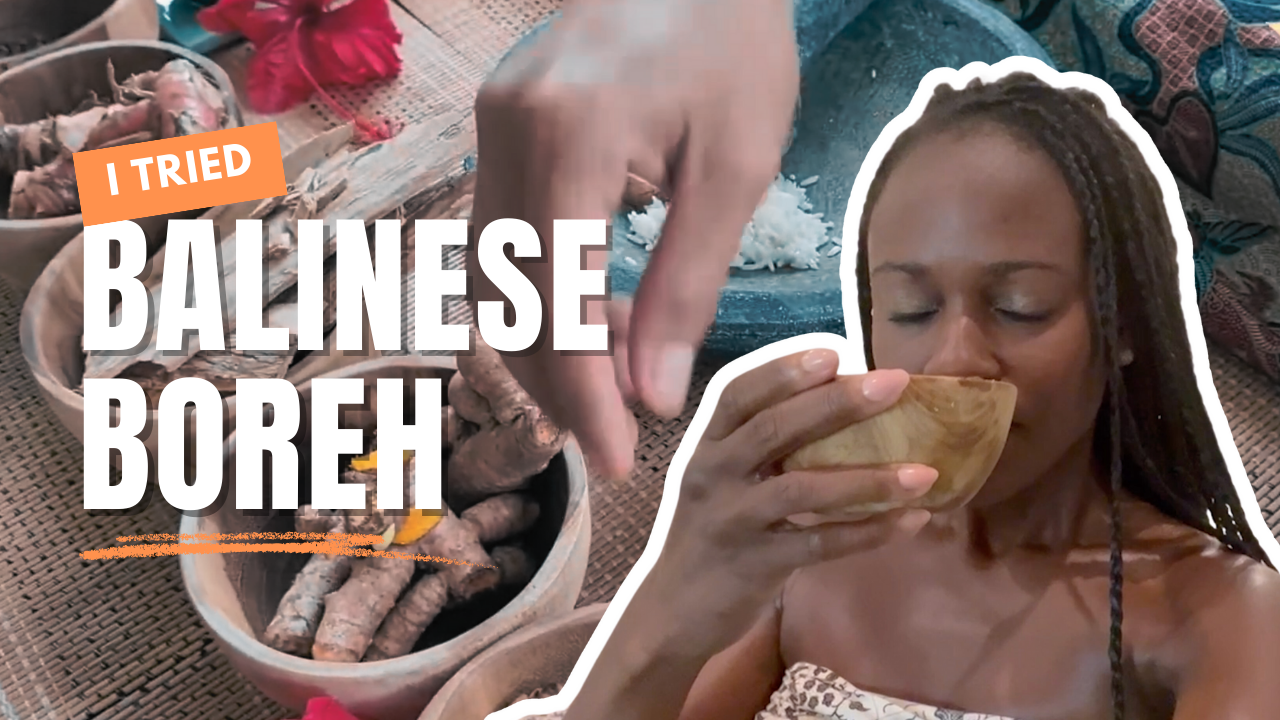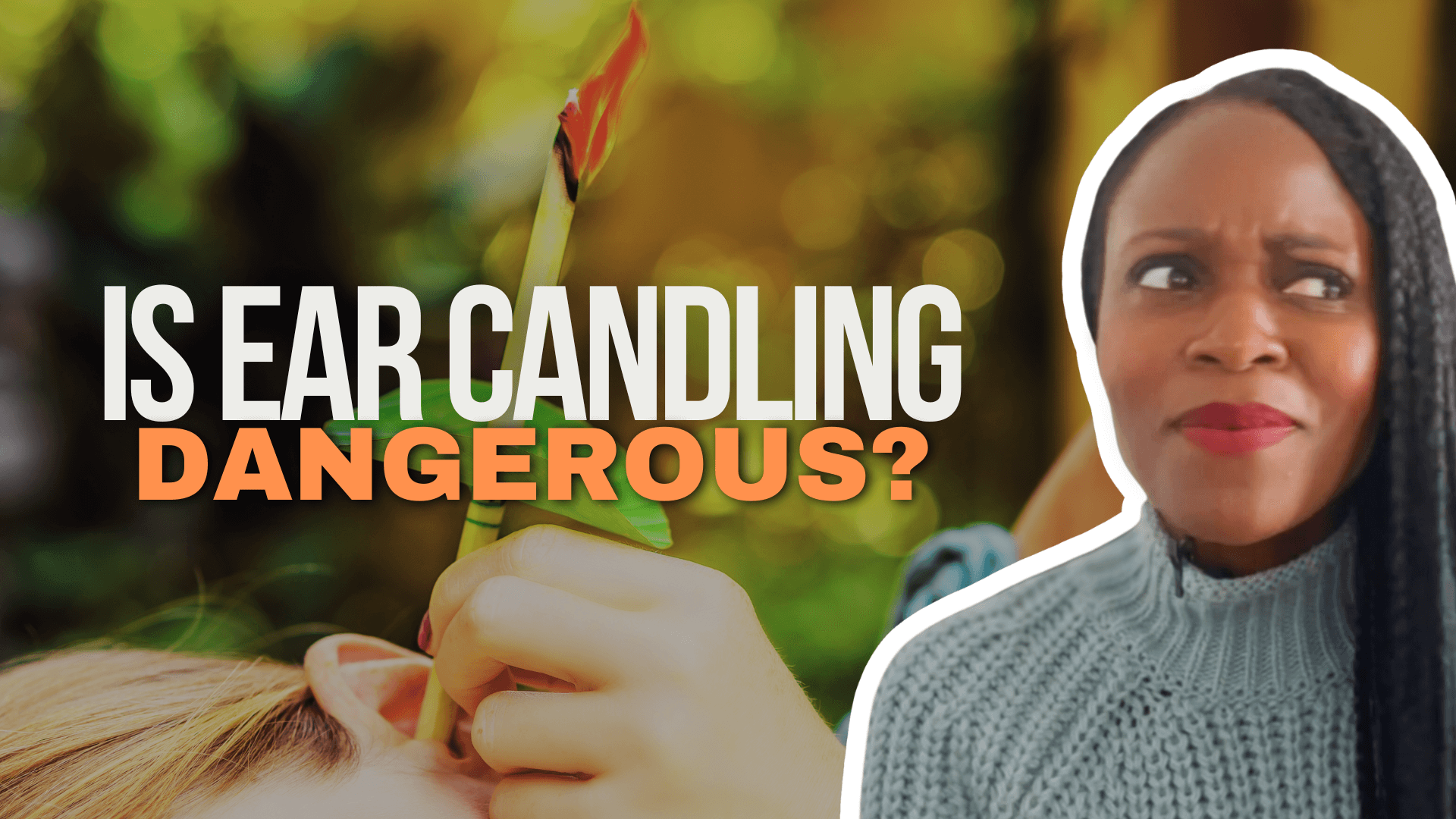- Clean Beauty
5 Harmful “Clean” Beauty Myths You Need to Know

There’s nothing more annoying than a myth – in this case, “clean” beauty myths. It’s like hearing that your favorite movie is “based on a true story” when it’s not.
So, to avoid being duped by deceptive marketing claims, here are a few things you should keep in mind when shopping for “clean” beauty products.
1. The “natural” ingredients in your products may be from the same source as their synthetic counterparts.
When you’re shopping for new products, it’s easy to get swept up in all the “clean” beauty buzzwords.
Ingredient lists that include things like “organic coconut oil” and “raw honey” seem like they could only come from good places — not synthetic laboratory beakers.
But even if the ingredients are natural, that doesn’t mean they’re inherently safer than their synthetic counterparts. Natural ingredients can be processed and refined just as much as synthetic ones.
For example, cold-pressed olive oil is chemically identical to refined olive oil. It’s more expensive because of how difficult it is to create a pure product from raw materials — and most brands won’t tell you which type they use.
Also, even if an ingredient has been grown organically or harvested sustainably, there’s no guarantee that pesticides or other harmful chemicals haven’t contaminated it during processing or transportation.
2. Beauty companies use clean ingredients to divert attention from other harmful ingredients.
Do you remember when the beauty industry was all about promoting harsh chemicals and synthetic ingredients? Yeah, we don’t either.
Nowadays, the buzzwords are “clean” and “natural.” But even though some companies may be using less of the bad stuff (keyword: some), they may still be using plenty of other harmful ingredients.
For example, some companies will use a natural ingredient like aloe vera or jojoba oil in their products because it sounds good on paper.
But if anything else in those products is harmful — like parabens or petroleum-based compounds — don’t use it. When in doubt, always check the ingredient list rather than what’s written on the front of the bottle.
3. “Clean” doesn’t always mean cruelty-free.
The term “clean” is meant to imply that a product is better for your skin and the environment. But that doesn’t always mean animals weren’t harmed in the production process. Many companies use the term to sell products that aren’t actually cruelty-free.
Even if you’ve heard of PETA (People for Ethical Treatment of Animals) or Leaping Bunny, you might not know what they mean by “cruelty-free” or “vegan.” Here’s a quick breakdown:
- Vegan means animal products, including byproducts like beeswax or lanolin, weren’t used.
- Products containing honey aren’t strictly vegan since bees are involved in making the honey (the same goes for silk). But these products are cruelty-free since animals aren’t harmed in the harvesting process.
4. Safe cosmetics can still be harmful to the environment.
It’s true that natural, plant-based ingredients are generally safer for you (and are often awesome for the environment). But some organic or “clean” beauty products can still be harmful.
One of the biggest problems with many of these clean beauty brands is their lack of transparency about their manufacturing processes, the ingredients they use, and what those ingredients do once they’re on your skin. This leaves many customers in the dark when making purchasing decisions.
So how do you know if a product is truly eco-friendly and safe?
The first step is reading labels and doing your research online before buying anything new. That way, you can see what kind of ingredients a product contains and whether or not there have been any complaints about safety since its release.
5. “Clean” beauty products aren’t necessarily free of chemicals.
If you’re looking to live a “clean” lifestyle, you might think choosing products with natural ingredients is a no-brainer. But not all natural ingredients are created equal. Some may still be harmful or contain synthetic chemicals.
Just because something comes from nature doesn’t mean it’s safe for humans or animals.
For example, parabens are a common preservative used in many beauty products and have been linked to breast cancer.
And while coconut oil does indeed have many uses around the house —like cooking! — it can also cause acne breakouts and clog pores if applied directly onto your face. Always be prudent when using new products.
Conclusion
As a consumer, you have to be your own best advocate to avoid clean beauty myths.
And that’s not always easy: labels can be misleading; salespeople will try to convince you that something is better than it really is; brands make all kinds of claims that are hard to verify; and sometimes, even when something seems like it couldn’t possibly be toxic, it turns out that certain ingredients still harm us in unexpected ways (like BPA in makeup).
But don’t let that discourage you! With a little know-how, you can make choices that align with your values and put less stress on the planet.
If you’re sick of misleading marketing and want clean products that actually work, you’ll love our vegan Castile soap. It’s made with just a few simple ingredients you can actually pronounce and zero shady additives.



